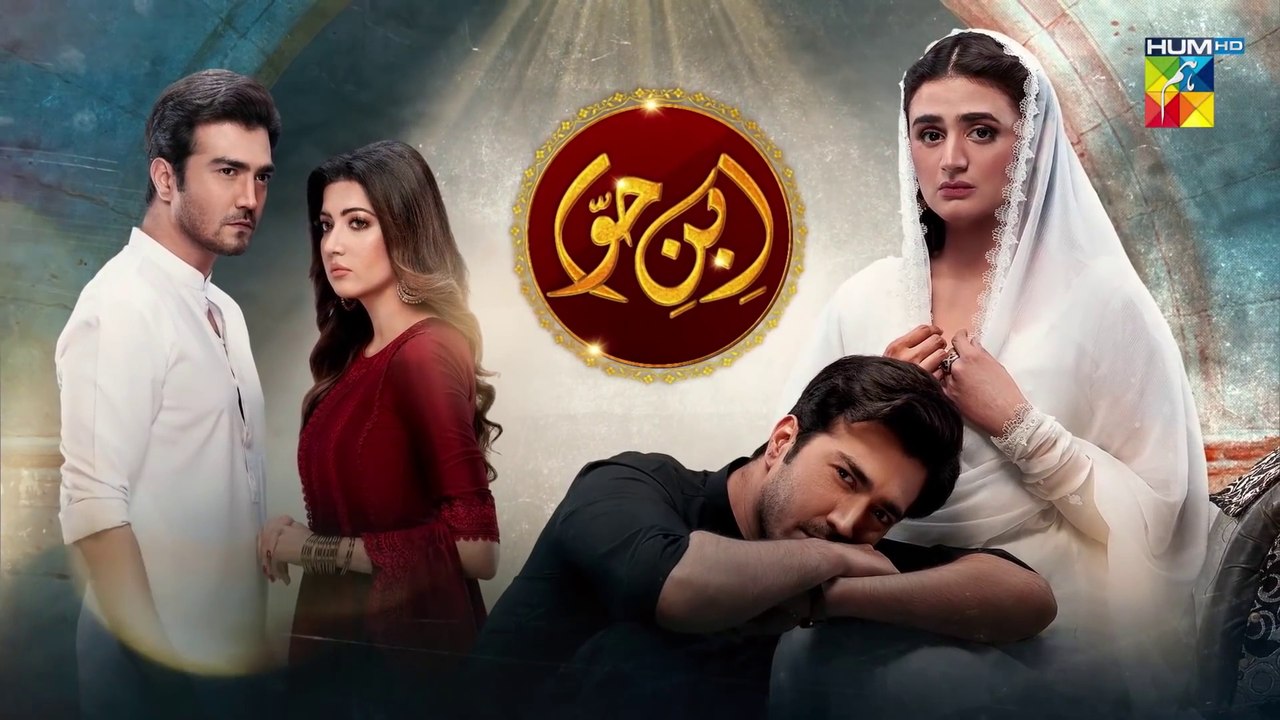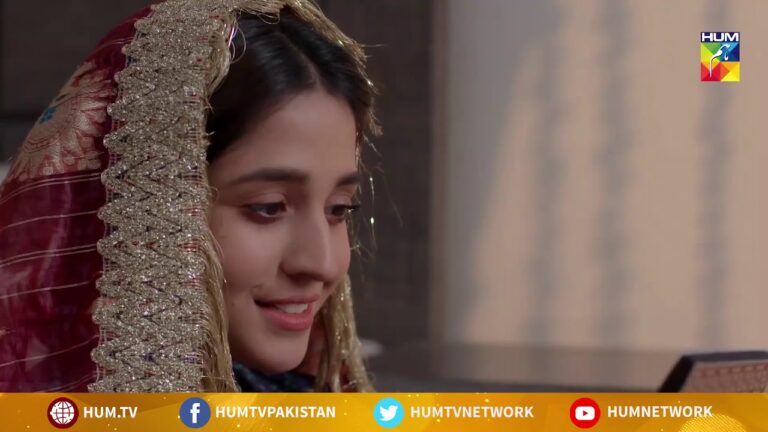Ibn-e-Hawwa Drama Review: “Ibn-e-Hawwa,” a thought-provoking Pakistani drama, delves into the complexities of human nature, the pursuit of justice, and the power of redemption. Set in a historical context, the drama follows the life of Ibn-e-Hawwa (played by Faysal Qureshi), a brilliant scholar and jurist grappling with internal conflict and the weight of a dark secret. This review delves into the intricate plot, analyzes the multifaceted characters, and examines the drama’s impact on audiences.
A Man of Contradictions: Scholar, Criminal, Enigma
Ibn-e-Hawwa is renowned for his vast knowledge and his dedication to Islamic law. He is revered by his students and respected by the community. However, beneath this facade lies a troubled past. A youthful transgression continues to haunt him, casting a shadow over his present and his pursuit of redemption.
The narrative unfolds through flashbacks and present-day scenes, slowly unraveling the events that shaped Ibn-e-Hawwa into the man he is. We witness his descent into darkness, the act that forever altered his life, and his subsequent journey towards atonement.
Beyond Black and White: Exploring Morality and Forgiveness
“Ibn-e-Hawwa” transcends the typical hero-villain narrative. The drama explores the complexities of human morality. Ibn-e-Hawwa is not a flawless hero, but a man grappling with the consequences of his actions. The audience is challenged to see him not just as a criminal, but also as someone capable of remorse and seeking redemption.
The drama delves into themes of forgiveness and the possibility of finding solace after committing a grave sin. Ibn-e-Hawwa’s journey raises questions about the nature of justice and the power of faith to guide a person towards a better path.
Performances that Captivate: Bringing History to Life
The success of “Ibn-e-Hawwa” rests heavily on the captivating performance delivered by Faysal Qureshi. He portrays the character with depth and nuance, showcasing his intellectual brilliance, internal conflict, and unwavering faith. Qureshi’s portrayal allows viewers to empathize with Ibn-e-Hawwa’s struggles and root for his redemption.
The supporting cast adds layers of complexity to the narrative. We see the unwavering loyalty of Ibn-e-Hawwa’s students, the relentless pursuit of justice by those he wronged, and the unwavering faith of his mentor who offers him guidance and support.
A World Steeped in History: Visual Storytelling
The visual elements of “Ibn-e-Hawwa” effectively transport viewers back in time. The meticulously recreated sets and costumes depict the historical setting with authenticity. The bustling marketplaces, grand mosques, and serene courtyards create a believable atmosphere for the narrative.
Lighting plays a significant role in establishing the mood of the drama. Warm tones are used in scenes depicting Ibn-e-Hawwa’s moments of scholarly pursuits and spiritual solace. Cooler tones and harsher lighting dominate scenes showcasing his inner turmoil and the consequences of his past actions.
A Spark for Dialogue: A Drama that Provokes Thought
“Ibn-e-Hawwa” has sparked discussions about historical context, Islamic jurisprudence, and the enduring themes of morality and redemption. Here are some points to consider:
- The Power of Redemption: The drama explores the concept of redemption and the possibility of finding forgiveness, even after committing a grave sin. It prompts viewers to consider the importance of seeking atonement and the transformative power of faith.
- The Human Condition: “Ibn-e-Hawwa” reminds viewers of the complexities of human nature. Even the most learned and respected individuals can be susceptible to mistakes and moral failings.
- Historical Context: The drama sheds light on Islamic jurisprudence and the role of scholars like Ibn-e-Hawwa in shaping legal and social structures.
A Legacy of Reflection and Transformation: A Drama that Leaves a Mark
“Ibn-e-Hawwa” leaves a lasting impression by posing profound questions about morality, justice, and the human capacity for redemption. The drama offers a message of hope, suggesting that even the most flawed individuals can find a path towards self-improvement and forgiveness.
A Final Farewell: A Must-Watch for Fans of Historical Dramas
“Ibn-e-Hawwa” is more than just a historical drama; it’s a thought-provoking exploration of human nature and the enduring themes of sin, redemption, and the pursuit of justice. With its captivating performance, rich historical setting, and exploration of complex themes, “Ibn-e-Hawwa” offers a compelling experience for viewers seeking a drama that sparks intellectual curiosity and self-reflection.









+ There are no comments
Add yours